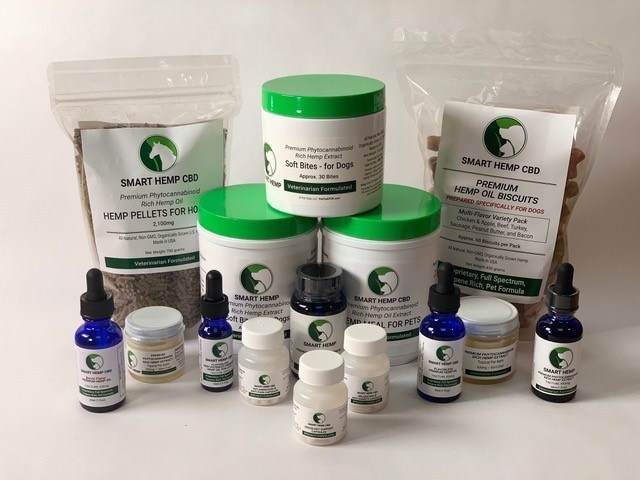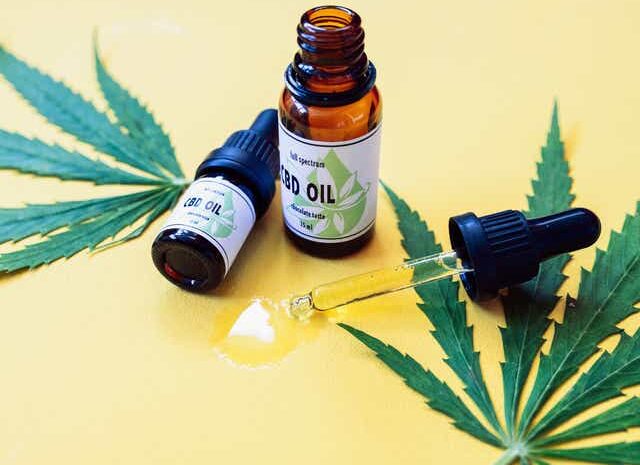CBD skin care is advertised as helping with almost all skin problems from acne to wrinkles. But is this true or are these just empty advertising promises? Here are all the facts you need about CBD.
What is CBD?
CBD (cannabidiol) is the non-psychoactive component of hemp plants. CBD is obtained as a powder and is usually mixed with olive oil, hemp oil, or coconut oil, for example, which makes it easier to use and improves its effectiveness.
CBD oils in skin care can be non-intoxicating. SIe does not have the mind-altering properties of tetrahydrocannabinol (THC) found in hemp. CBD is extracted from the stems or stalks of the hemp plant, which has an extremely low THC content (so low that it cannot be detected in a test).
What is the difference between hemp, CBD, and THC?
Hemp seed oil is an omega-rich oil extracted from the seeds of the hemp plant (also known as the Hemp Sativa plant). These seeds do not contain sedative cannabinoids and usually contain only trace amounts of CBD.

Cannabidiol (CBD) is extracted from hemp stems or straws. It is rich in cannabinoids and contains a minimal to the undetectable amount of THC. Among the benefits of CBD is that it helps restore balance in the body. CBD can be extracted from hemp plants. Only CBD from industrial hemp is legal.
THC also comes from the hemp plant and is the most discussed ingredient because it can induce a state of intoxication.
Why is CBD good for the skin?
CBD reduces the reactivity of skin cells by telling them how to calm themselves down, so to speak. This helps against redness, rough skin, and a sallow complexion.
Does CBD help acne-prone skin?
Acne-prone skin can feel uncomfortable. Skincare with soothing ingredients (of which CBD is one) can visibly reduce pimples and redness caused by blemishes.
Several studies have shown that CBD oil has a calming effect on the skin. This makes CBD a suitable ingredient for acne-sensitive skin. Its soothing properties help sensitive skin look and feel better.
Research has also shown that CBD (likely due to its balancing effect on the skin) helps prevent excessive sebum production which you can read more about when you click to investigate here.
Despite all these positive reports, most scientists who have studied CBD agree that more research is needed to provide robust evidence for CBD’s effect on acne-prone skin.

